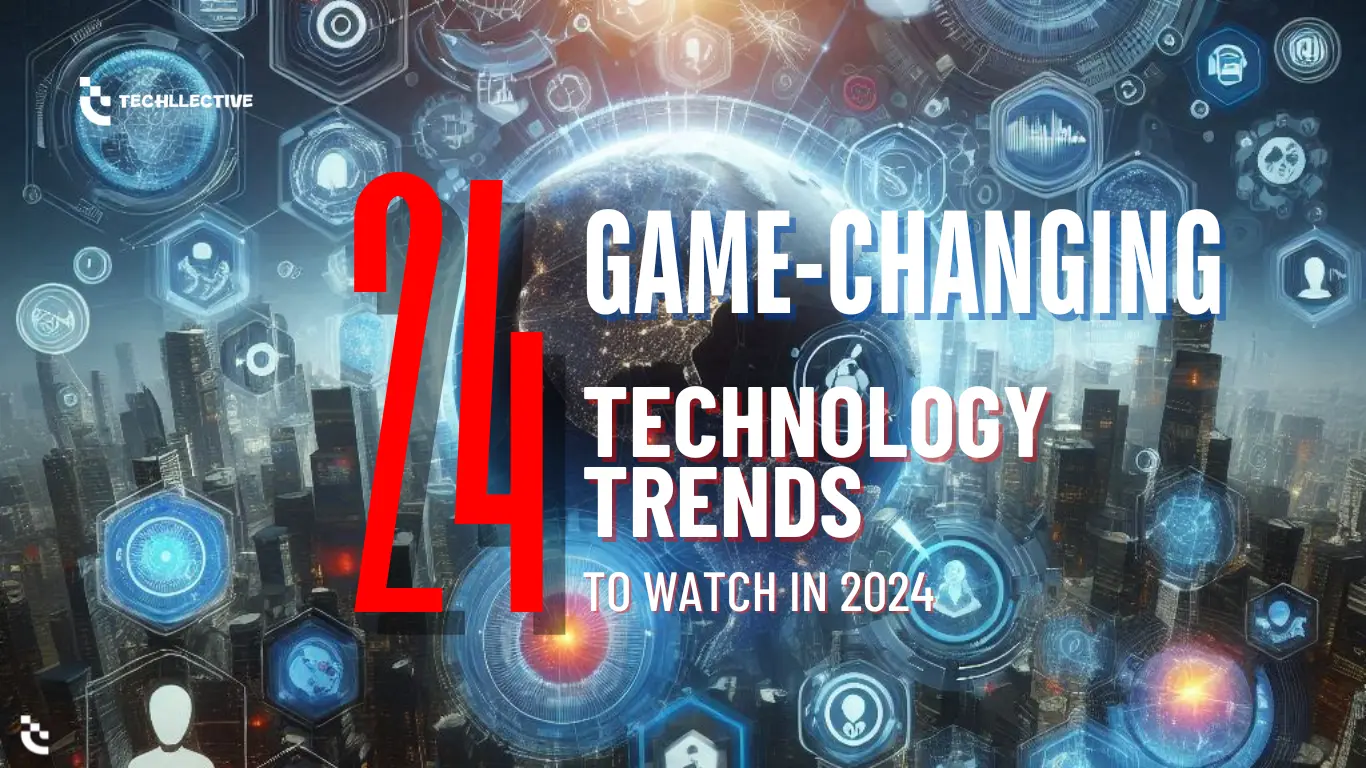The 24 Game-Changing Technology Trends to Watch in 2024: Unveiling the Future
Every day, technological advancements continue to rapidly change our world. From the rise of intelligent content creation to the expansion of sustainable energy solutions, this year promises a surge of innovations set to revolutionize industries and improve our daily lives. In this blog, we explore 24 groundbreaking tech trends that are not only captivating tech enthusiasts but also driving significant changes across various sectors. Whether you're a tech pro or simply curious about the future, these trends offer a compelling glimpse into the next wave of technological evolution.
1. Quantum Computing


Quantum Computing is rapidly emerging as a game-changer in the technological landscape. Unlike traditional computers, it harnesses the power of quantum mechanics to tackle problems that were previously deemed impossible to solve. By processing massive datasets simultaneously, this revolutionary technology holds immense potential for fields like cryptography, materials science, and drug discovery.
2. AI-Generated Content

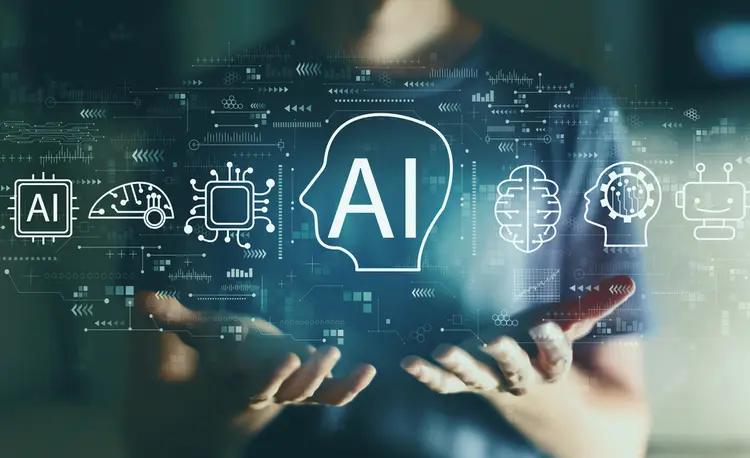
The media landscape is undergoing a significant transformation influenced by the rise of Automated Content Creation. This innovative approach leverages advanced algorithms and machine learning models to generate high-quality, engaging articles, videos, and music, often with minimal human intervention. This technology not only streamlines content production but also personalizes user experiences by customizing content to individual preferences. As automated content creation becomes more popular, ethical considerations surrounding authorship and authenticity emerge, prompting discussions on how to balance innovation with integrity in the digital age.
3. 5G Expansion


The global rollout of 5G network is revolutionizing connectivity with faster internet speeds, reduced latency, and the capacity to support a vast number of connected devices. This next-generation wireless technology is set to transform industries by enabling the Internet of Things (IoT), smart cities, and autonomous vehicles. With its ability to handle massive amounts of data in real-time, 5G is paving the way for innovations in telemedicine, remote work, and immersive entertainment experiences. As infrastructure development accelerates, the widespread adoption of 5G promises to unlock new possibilities and drive economic growth worldwide.
4. Internet of Things (IoT) in Smart Cities

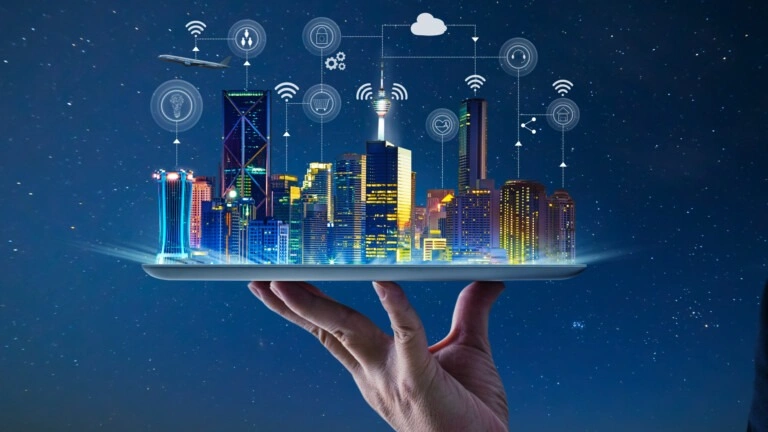
The integration of IoT technology into smart city infrastructure is enhancing urban living by improving efficiency, sustainability, and public safety. Smart cities leverage interconnected devices and sensors to manage resources, monitor environmental conditions, and optimize services such as traffic management and waste collection. This data-driven approach enables cities to respond proactively to challenges and improve the quality of life for residents. As more cities adopt IoT solutions, the potential for creating more resilient, efficient, and sustainable urban environments becomes increasingly achievable.
5. Autonomous Vehicles
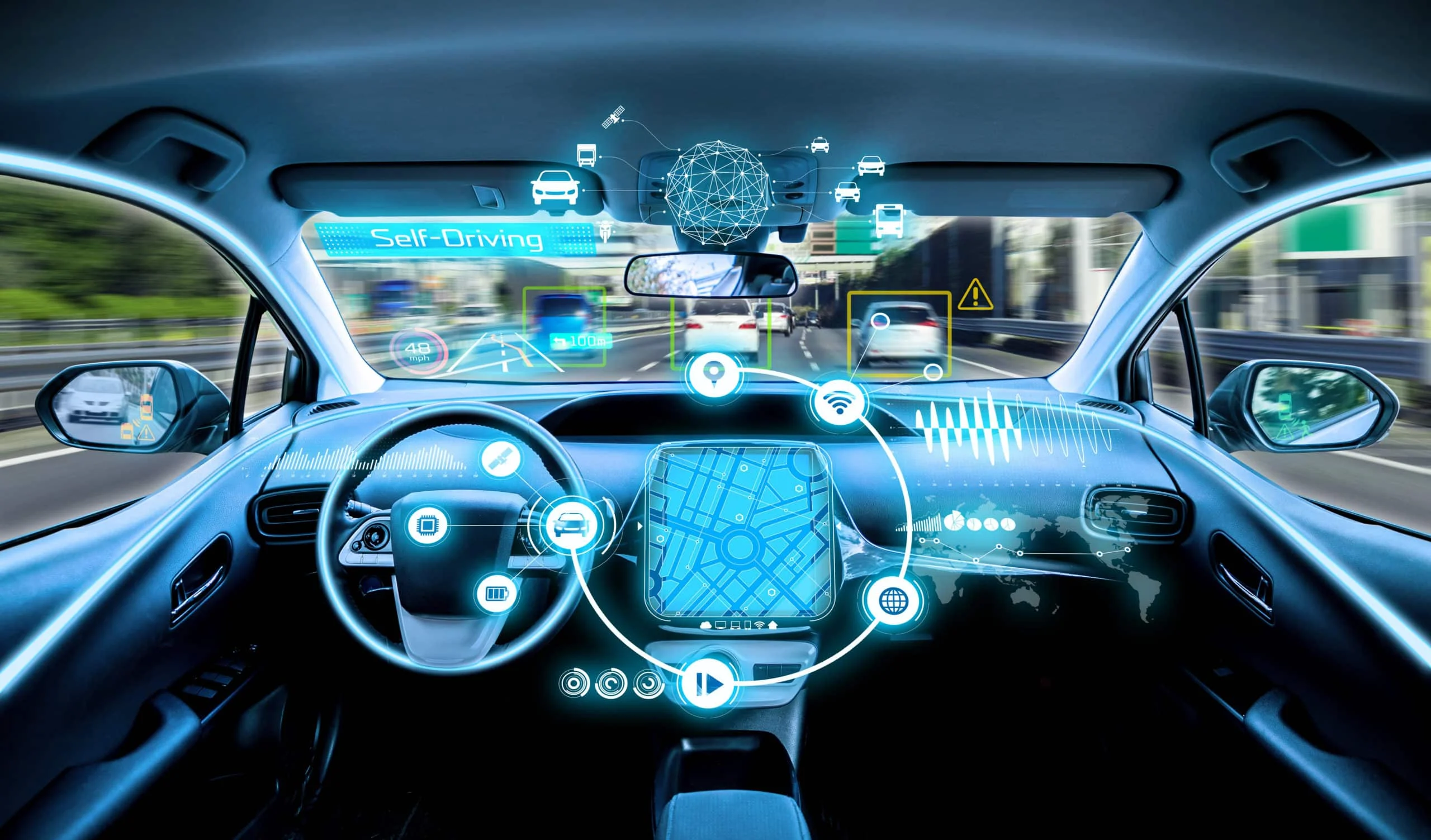
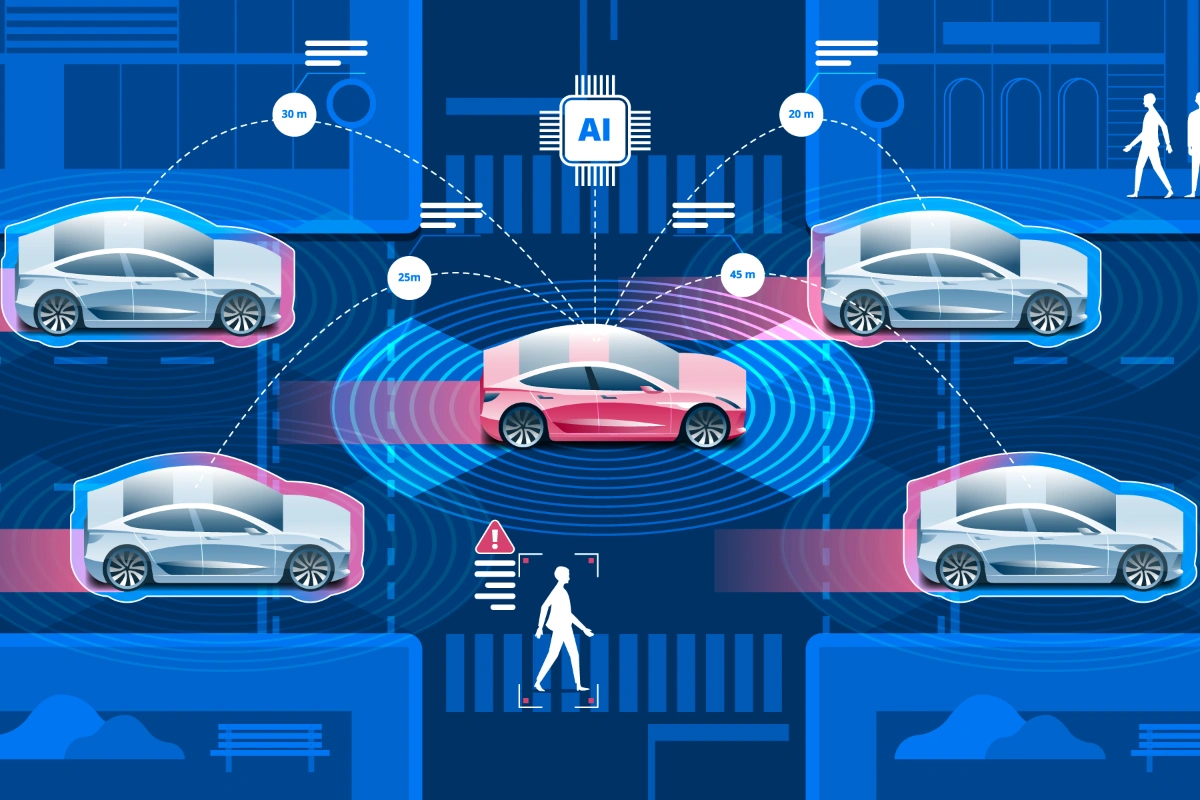
Autonomous Vehicles are poised to transform the transportation industry by reducing traffic accidents, improving fuel efficiency, and reshaping urban planning. Advances in AI and sensor technology enable self-driving cars and trucks to navigate complex environments with increasing accuracy and safety. The widespread adoption of autonomous vehicles promises to revolutionize logistics, ride-sharing, and public transportation, offering a future where mobility is safer, more efficient, and accessible to all. As regulatory frameworks evolve to accommodate this technology, the transition to autonomous transportation becomes a tangible reality.
6. Personalized Medicine
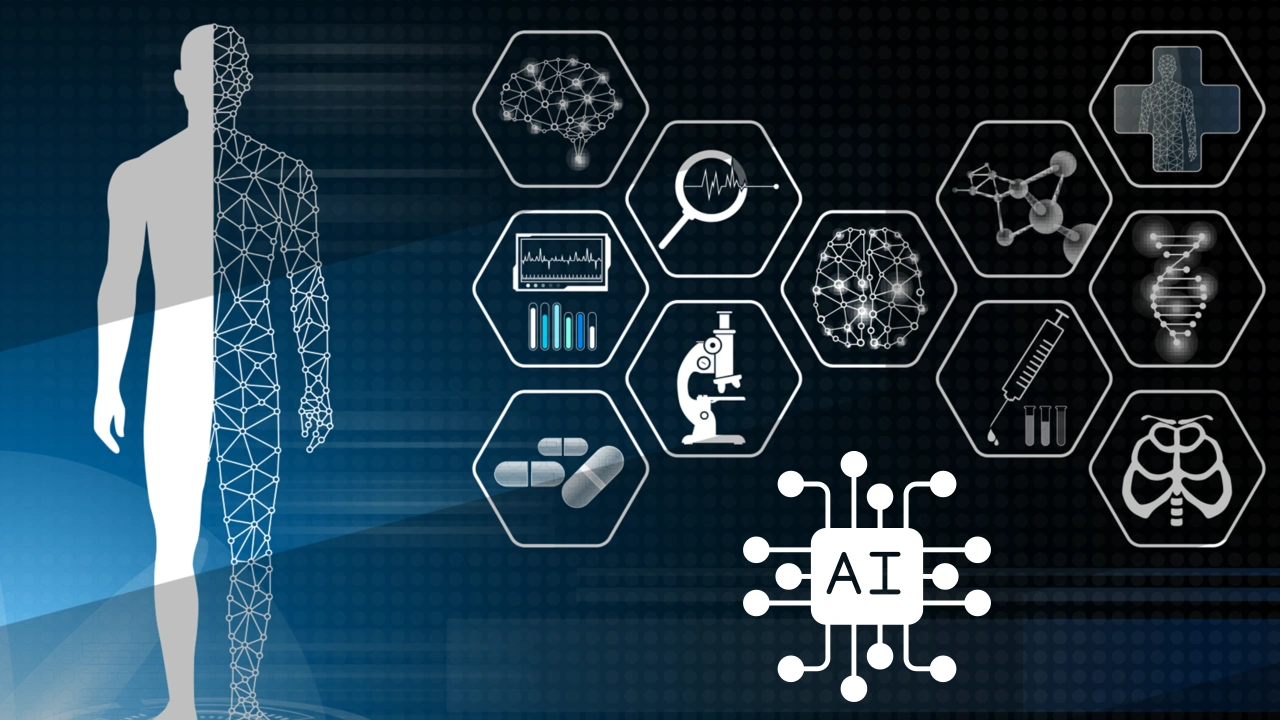

Personalized Medicine is revolutionizing healthcare by tailoring treatments to an individual's genetic makeup, lifestyle, and environmental factors. Advances in genomics, biotechnology, and data analytics enable healthcare providers to develop more effective and targeted therapies, improving patient outcomes and reducing side effects. This approach shifts the focus from a one-size-fits-all model to a more precise and personalized strategy, paving the way for breakthroughs in the prevention, diagnosis, and treatment of diseases. As personalized medicine gains traction, it holds the potential to transform healthcare delivery and usher in a new era of individualized care.
7. Blockchain Beyond Crypto

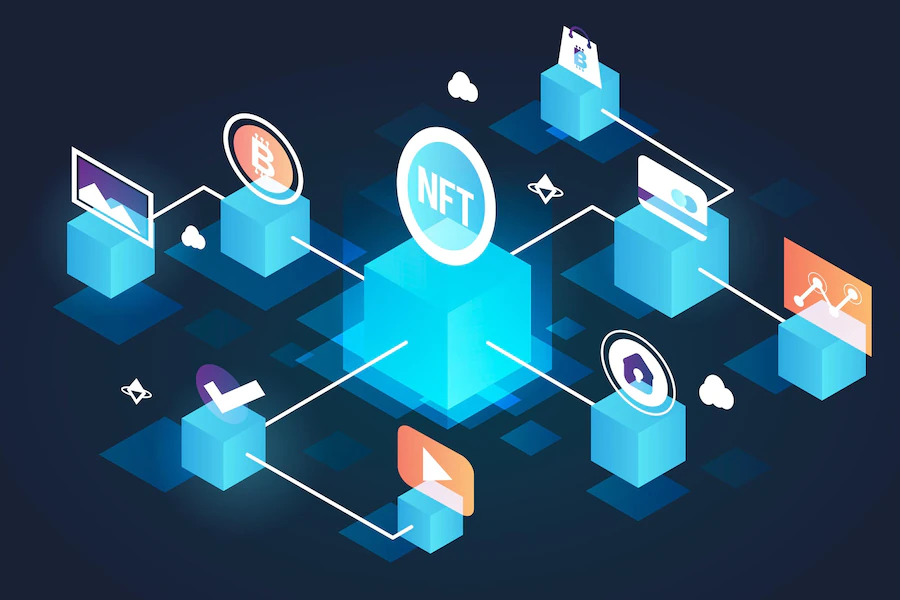
Blockchain Technology is expanding its applications beyond cryptocurrencies, offering secure and transparent solutions for various industries. From supply chain management to digital identity verification, blockchain provides a decentralized and immutable ledger that enhances trust and efficiency. This technology enables secure transactions, reduces fraud, and streamlines processes across sectors such as finance, healthcare, and logistics. As blockchain adoption grows, its potential to revolutionize traditional systems and foster innovation becomes increasingly evident.
8. Neuromorphic Computing
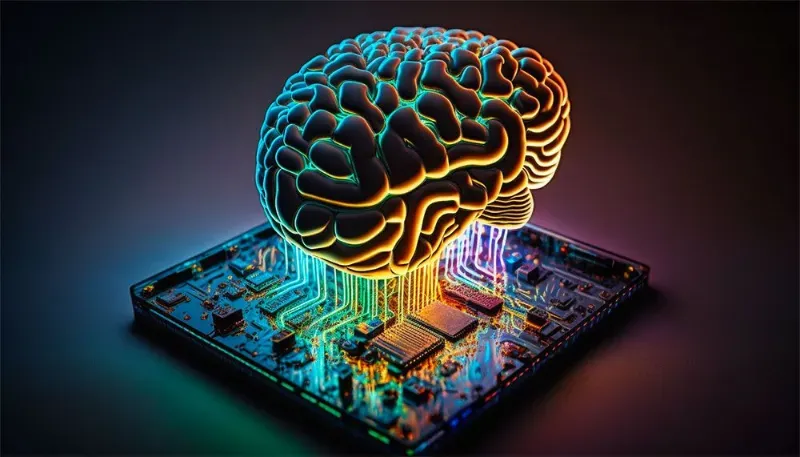
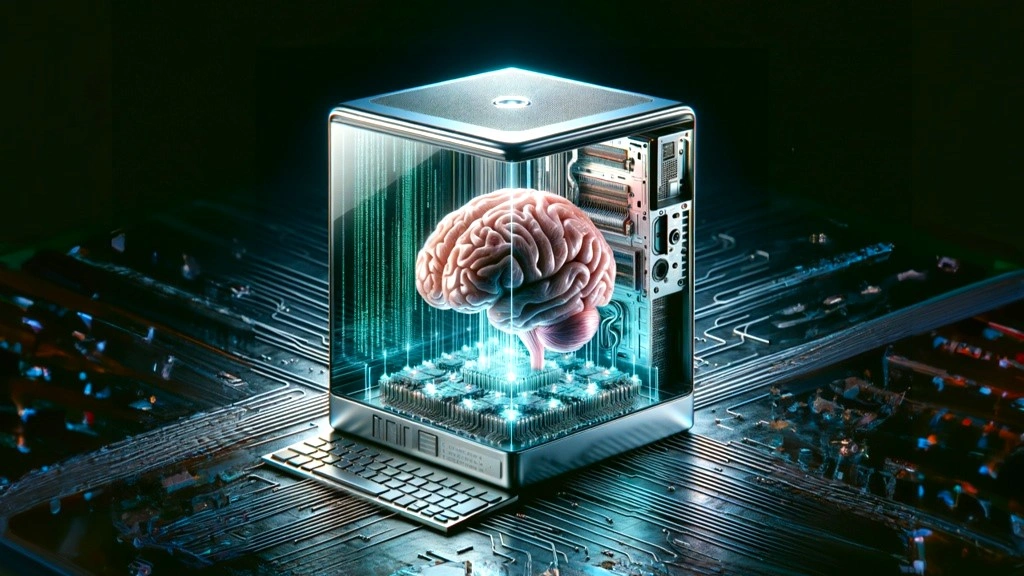
Neuromorphic Computing, inspired by the human brain, is developing processors that mimic neural structures, potentially revolutionizing AI and machine learning capabilities. This innovative approach aims to create more efficient and powerful computing systems that can process information in ways similar to the human brain. Neuromorphic chips offer significant advantages in terms of energy efficiency, speed, and adaptability, making them ideal for applications in robotics, autonomous systems, and real-time data processing. As research in this field progresses, neuromorphic computing promises to unlock new possibilities for intelligent systems and advanced AI applications.
9. Edge Computing
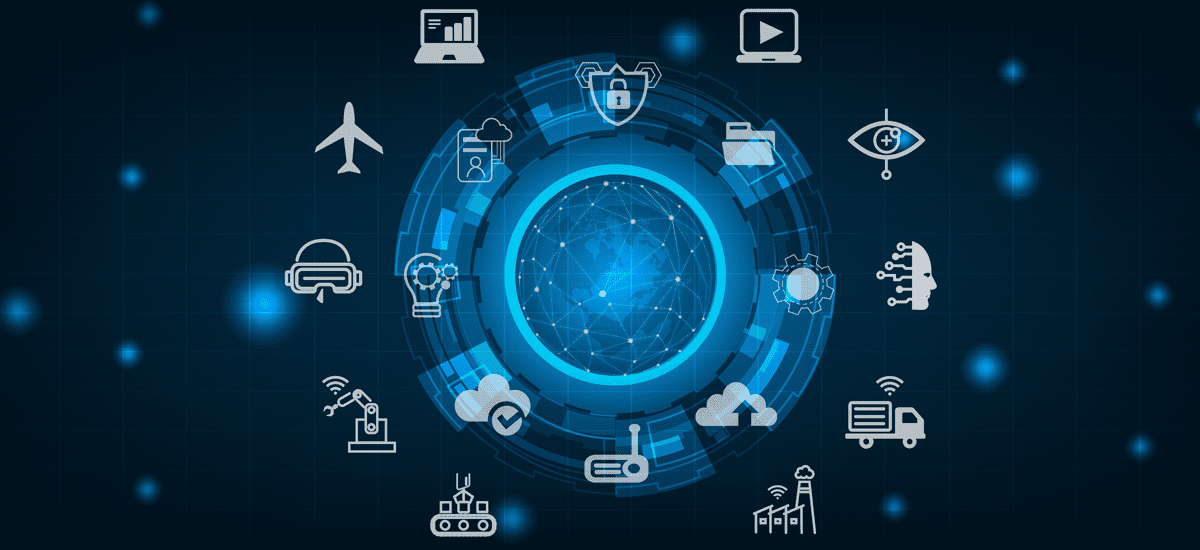

Edge Computing is gaining traction as a means to process data closer to the source, reducing latency and bandwidth usage, and enhancing real-time data analysis capabilities. By decentralizing data processing and bringing it closer to where it is generated, edge computing offers faster response times and improved efficiency. This technology is particularly beneficial for applications that require immediate insights, such as autonomous vehicles, industrial automation, and smart devices. As the demand for real-time data processing continues to grow, edge computing is set to play a pivotal role in enabling faster, more efficient, and reliable computing solutions.
10. Green Energy Technologies

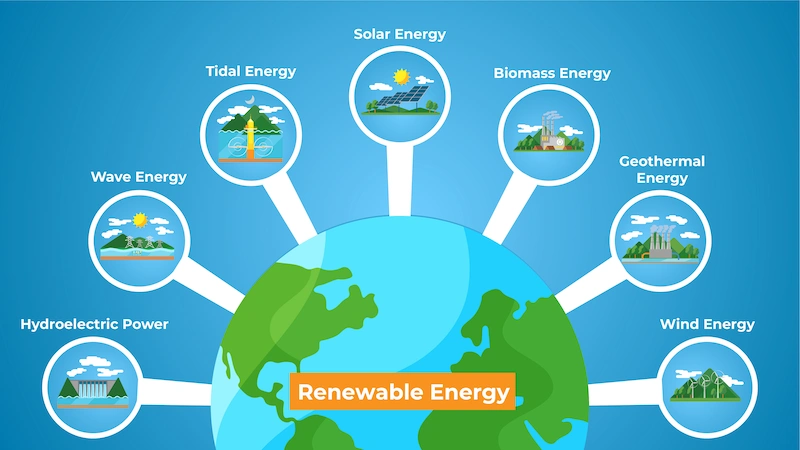
Innovations in Green Energy are driving the transition to a more sustainable and eco-friendly energy landscape. Advances in solar, wind, and bioenergy technologies are making renewable energy sources more efficient, affordable, and accessible. Green energy solutions are crucial in combating climate change, reducing carbon emissions, and promoting environmental sustainability. As investment in renewable energy infrastructure increases, the shift towards a greener future becomes more attainable, offering a cleaner and more sustainable energy ecosystem for generations to come.
11. Wearable Health Monitors
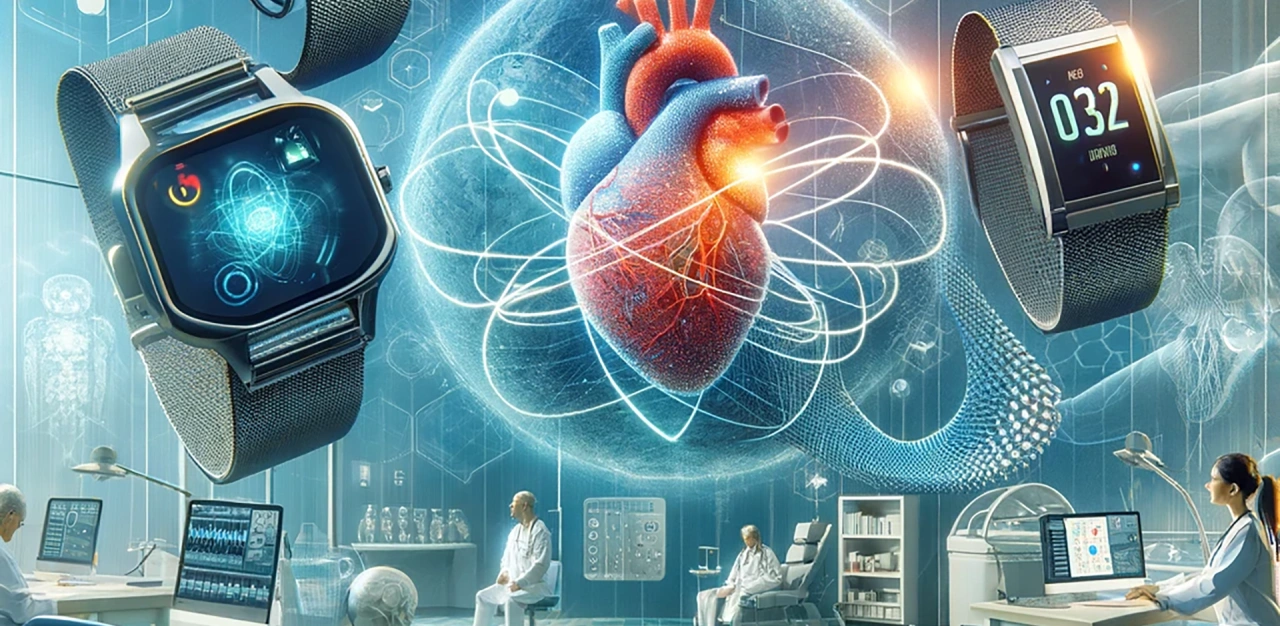
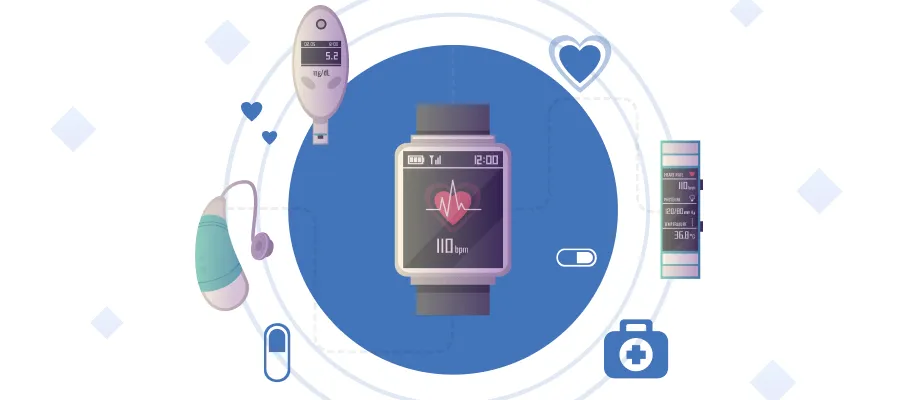
Wearable Health Monitors are becoming increasingly sophisticated, providing continuous health monitoring and real-time data to improve personal wellness and disease management. These devices, ranging from smartwatches to fitness trackers, offer insights into various health metrics such as heart rate, sleep patterns, and physical activity. By empowering individuals with actionable health information, wearable health monitors enable proactive health management and early detection of potential health issues. As technology advances, the integration of wearable health monitors into healthcare systems holds the potential to revolutionize personal health and well-being.
12. Extended Reality (XR) for Training
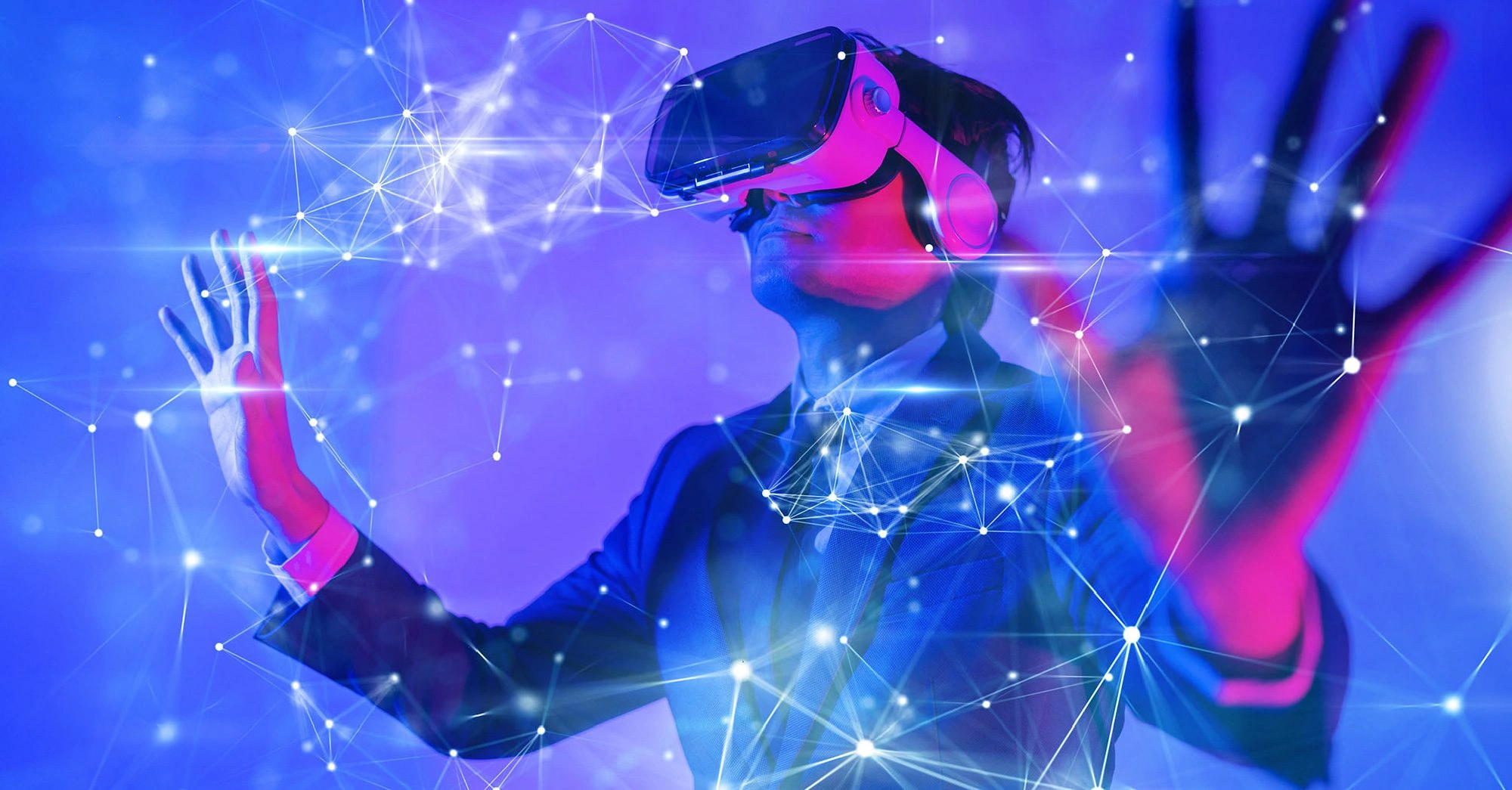
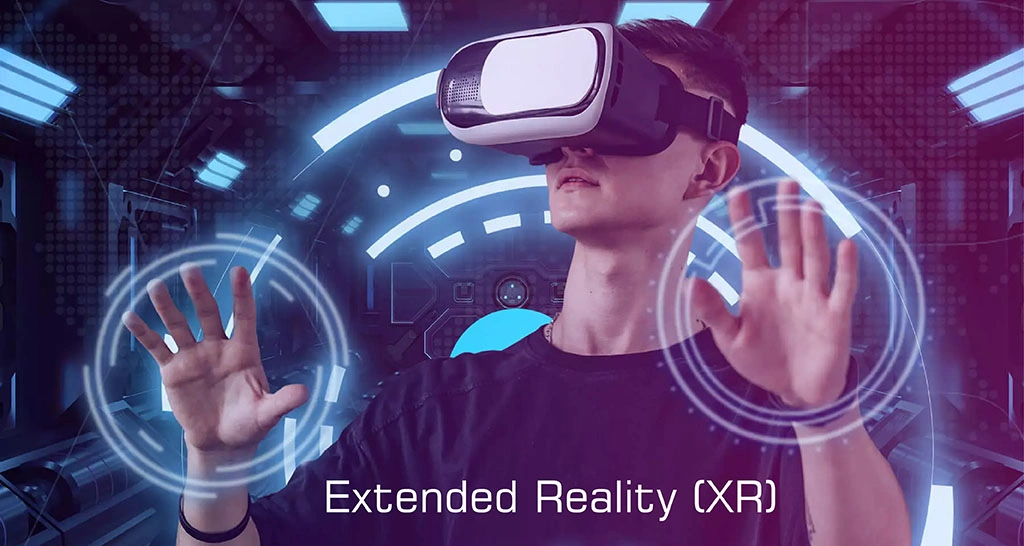
Extended Reality (XR) Technologies, encompassing Virtual Reality (VR), Augmented Reality (AR), and Mixed Reality (MR), are enhancing training and simulation across various industries. XR provides immersive and interactive experiences that facilitate hands-on learning, making it an invaluable tool for education, healthcare, and professional training. From medical simulations to pilot training, XR offers realistic and engaging environments that improve skill acquisition and retention. As XR technology evolves, its applications in training and education continue to expand, offering innovative solutions for effective learning and development.
13. Space Tourism


The dream of Space Tourism is becoming a reality, with private companies making significant strides towards commercial space travel and exploration. Advances in rocket technology and space infrastructure are enabling civilians to experience space firsthand, opening new opportunities for tourism and scientific research. Space tourism not only offers a unique and exhilarating experience but also drives innovation in space technology and exploration. As the commercial space industry grows, the vision of space as a destination for tourists and researchers alike becomes increasingly tangible.
14. AI in Cybersecurity

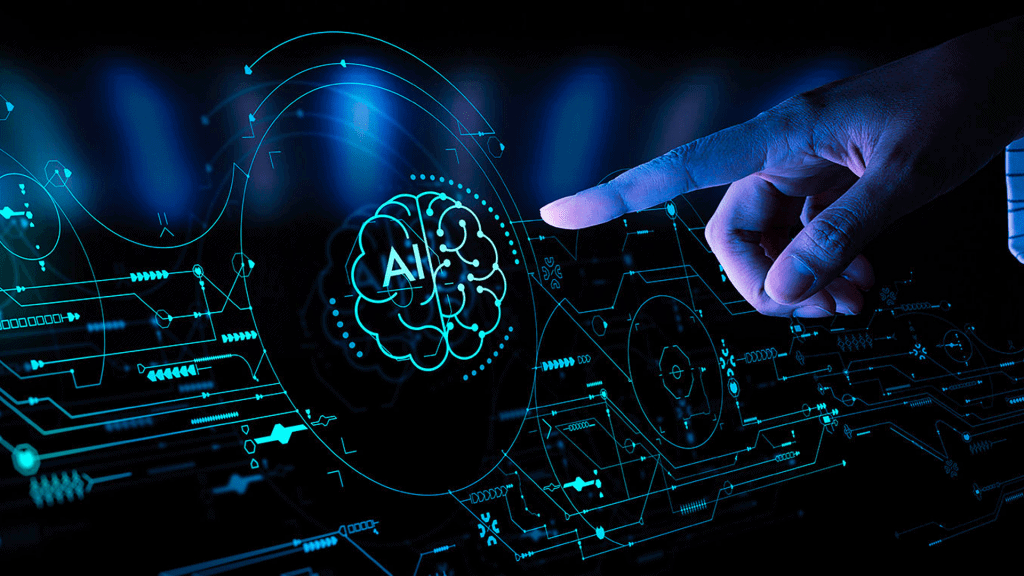
AI is playing a crucial role in enhancing Cybersecurity by providing advanced threat detection, automated responses, and improved security protocols. AI-powered systems can analyze vast amounts of data to identify patterns and anomalies indicative of cyber threats, enabling faster and more accurate detection and response. This proactive approach to cybersecurity helps protect sensitive data and critical infrastructure from evolving cyber threats. As cyberattacks become more sophisticated, the integration of AI into cybersecurity strategies becomes essential for safeguarding digital assets and maintaining trust in digital systems.
15. Digital Twins
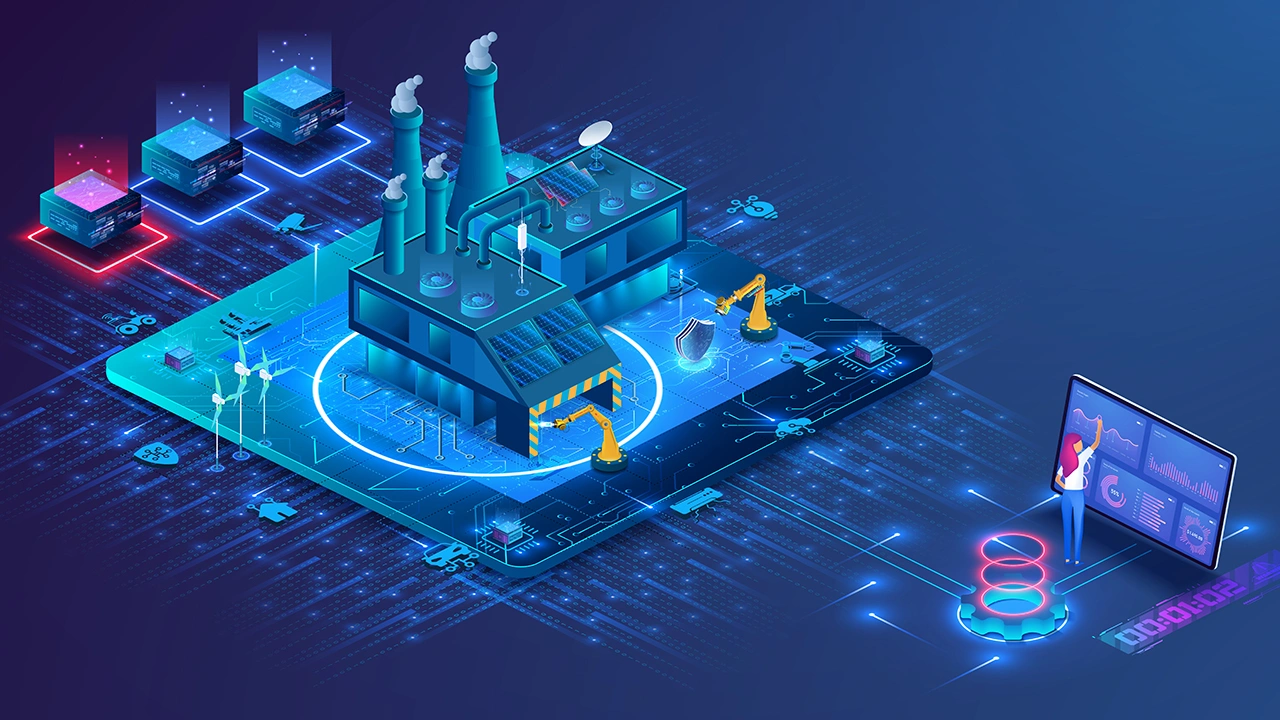
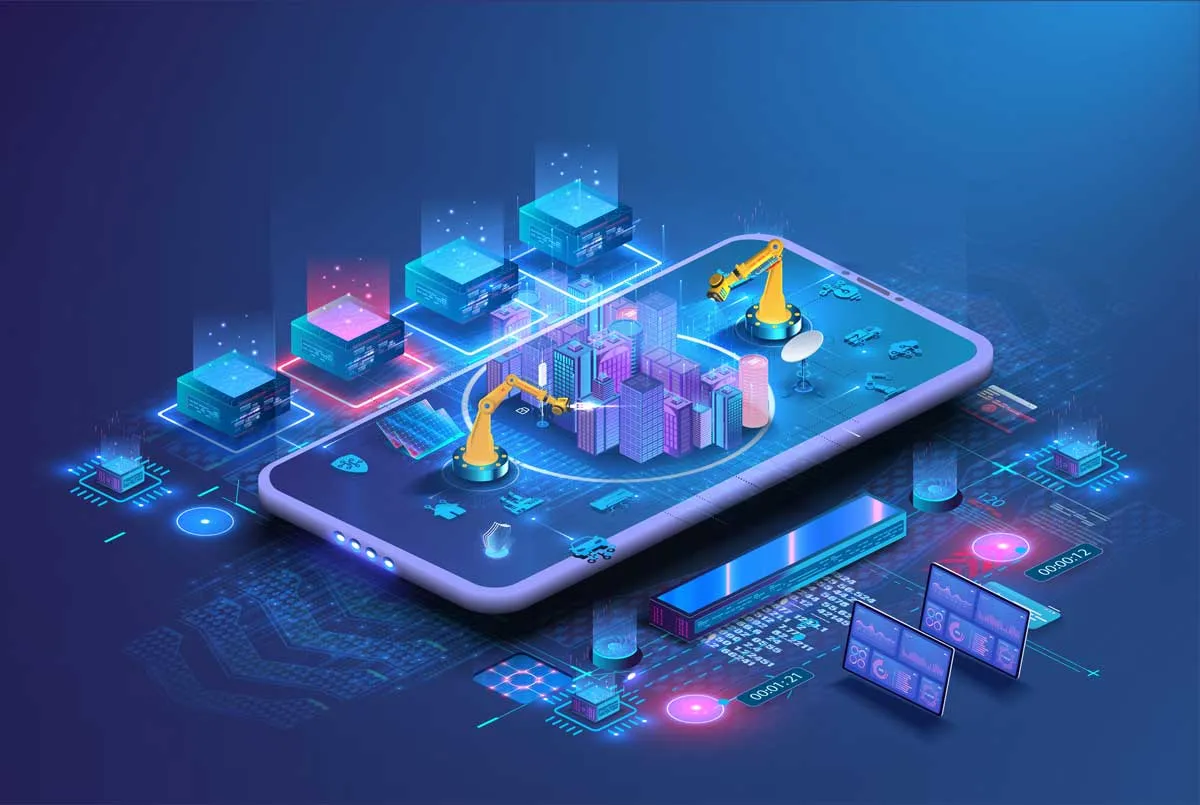
Digital Twins technology is creating virtual replicas of physical assets, enabling better monitoring, simulation, and optimization across various sectors. By providing a digital representation of a physical object or system, digital twins facilitate real-time data analysis and predictive maintenance. This technology is particularly valuable in industries such as manufacturing, healthcare, and urban planning, where it can improve efficiency, reduce costs, and enhance decision-making. As digital twin technology matures, its applications continue to expand, offering new possibilities for optimizing complex systems and processes.
16. Sustainable Tech
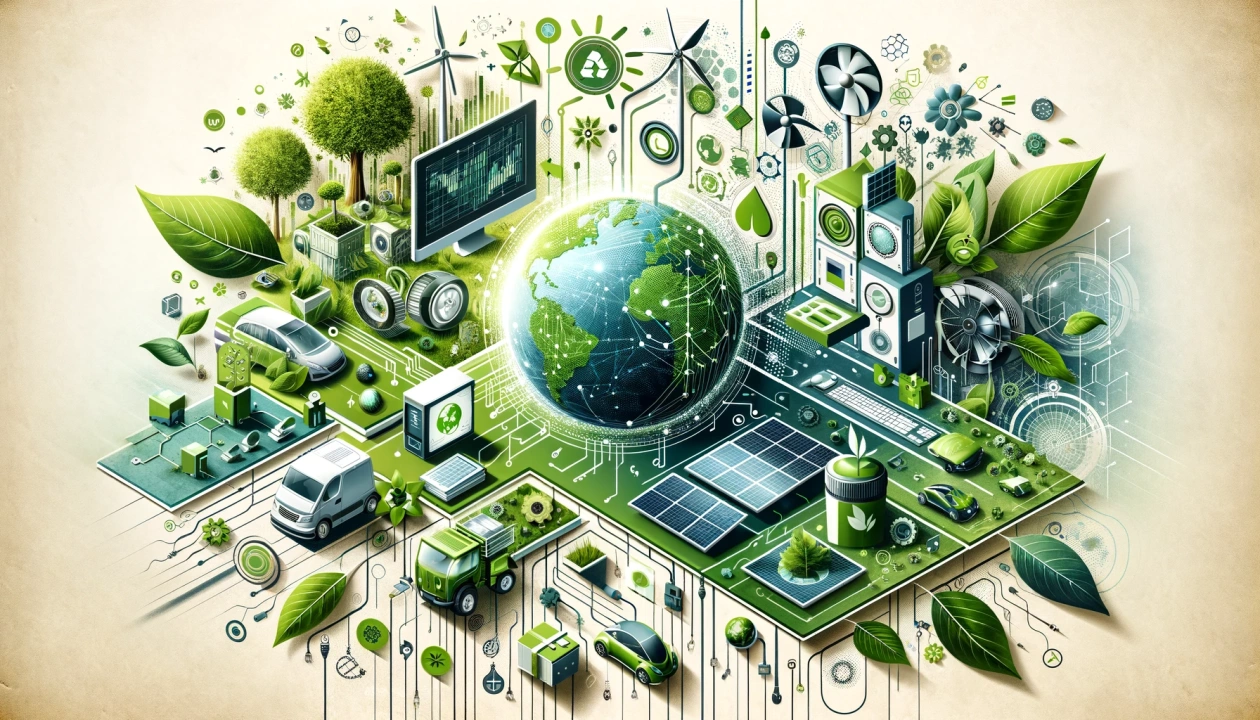
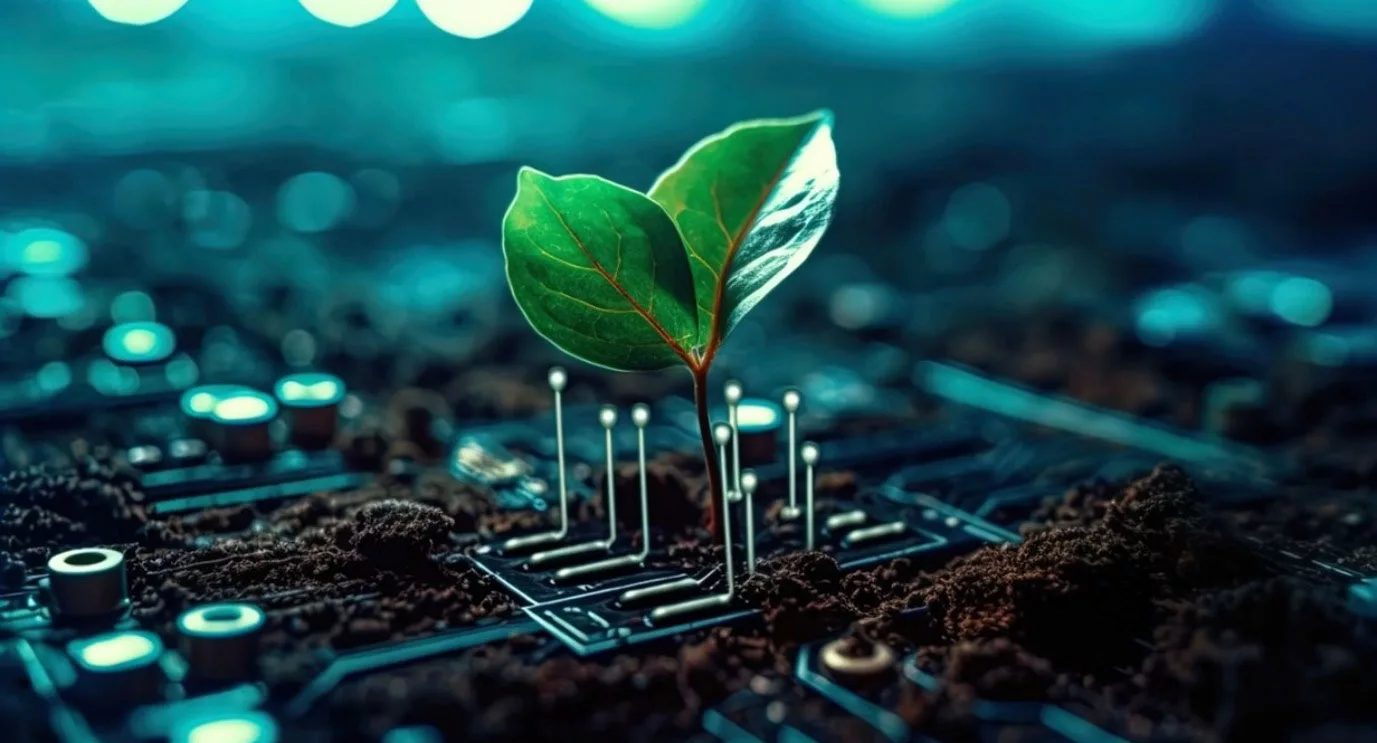
Sustainable Technologies are being developed to address environmental challenges, from reducing carbon emissions to promoting circular economies. Innovations in sustainable tech include energy-efficient buildings, eco-friendly materials, and waste reduction solutions. These technologies aim to minimize environmental impact and promote sustainability in various industries. As the global focus on sustainability intensifies, the adoption of sustainable tech becomes increasingly important for achieving environmental goals and ensuring a greener future.
17. Synthetic Media


Synthetic Media, powered by AI, is creating hyper-realistic digital content, raising new possibilities and ethical considerations in entertainment and communication. From deepfakes to virtual influencers, synthetic media blurs the line between reality and digital creation. This technology offers innovative solutions for content creation, marketing, and storytelling, but also poses challenges related to authenticity and misinformation. As synthetic media evolves, finding a balance between creativity and ethical considerations becomes crucial for its responsible use.
18. Advanced Robotics
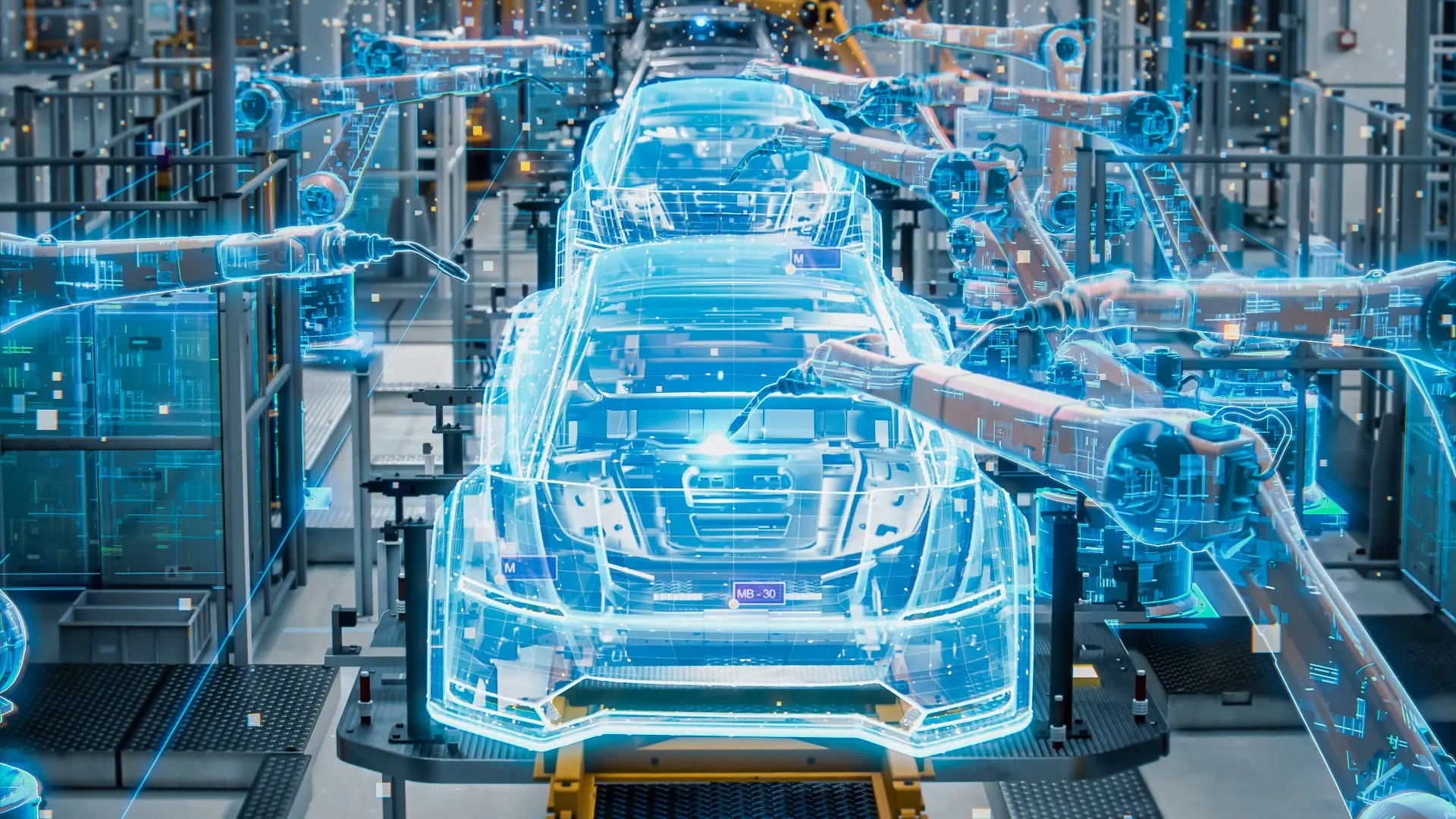

Robotics Technology is advancing with more intelligent, adaptable, and collaborative robots, transforming industries from manufacturing to healthcare. These advanced robots can perform complex tasks with precision and efficiency, enhancing productivity and safety. Collaborative robots, or cobots, work alongside humans, complementing their skills and improving workflow efficiency. In healthcare, robotics is revolutionizing surgery, rehabilitation, and patient care, offering precise and reliable assistance. As robotics technology continues to evolve, its integration across various sectors promises to drive innovation, enhance productivity, and improve quality of life.
19. Voice-Activated Technology
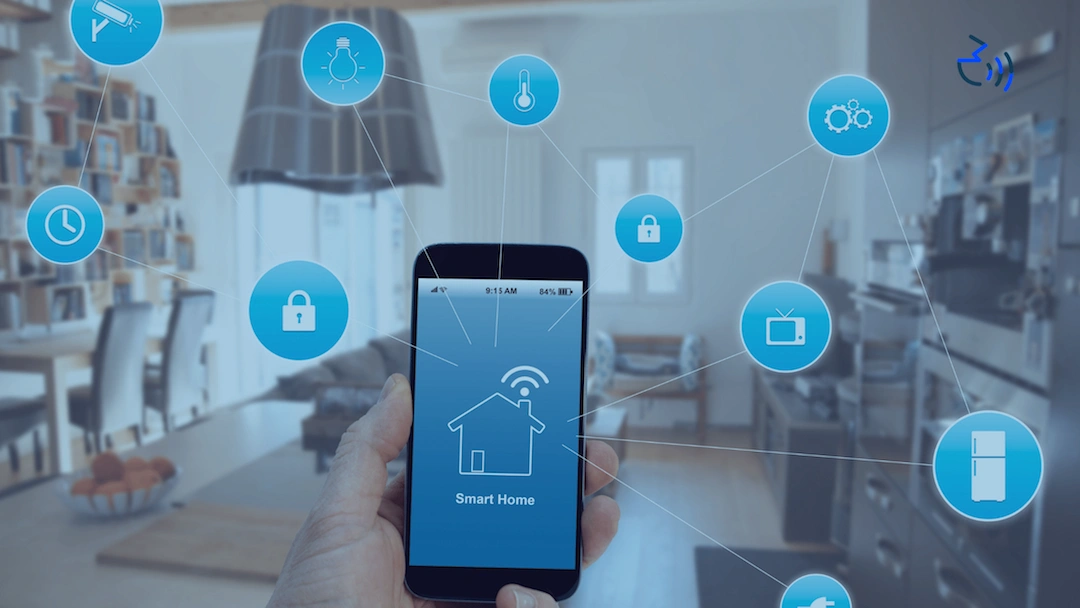

Voice-Activated Technology is becoming increasingly integrated into our daily lives, offering convenience and new ways to interact with devices. From smart home assistants like Amazon's Alexa and Google Home to voice-controlled applications in cars and smartphones, this technology provides hands-free control and accessibility. Voice recognition algorithms are becoming more accurate and capable of understanding natural language, making interactions with technology more intuitive. As voice-activated technology advances, it is poised to transform how we interact with digital systems, making technology more accessible and user-friendly. increasingly evident.
20. Biotechnology in Agriculture

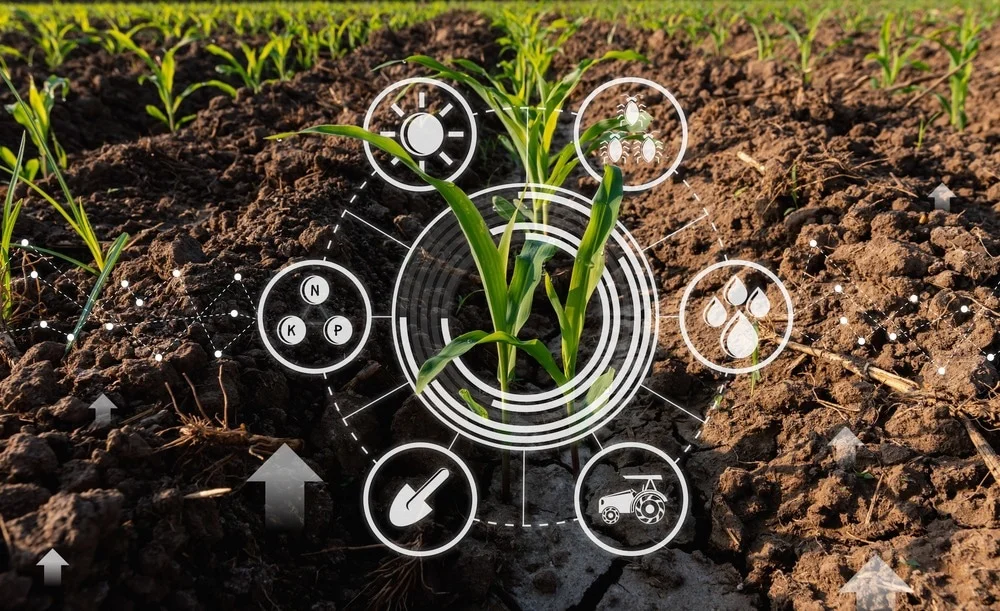
Biotechnology is driving sustainable agricultural practices by developing genetically modified crops, precision farming techniques, and bioengineered solutions for pest control. These innovations aim to increase crop yields, reduce environmental impact, and ensure food security. Genetically modified organisms (GMOs) are designed to be more resilient to pests and diseases, reducing the need for chemical pesticides. Precision farming uses data analytics and IoT devices to optimize farming practices, enhancing efficiency and sustainability. As biotechnology in agriculture advances, it holds the potential to address global food challenges and promote sustainable farming.
21. Virtual Reality (VR)

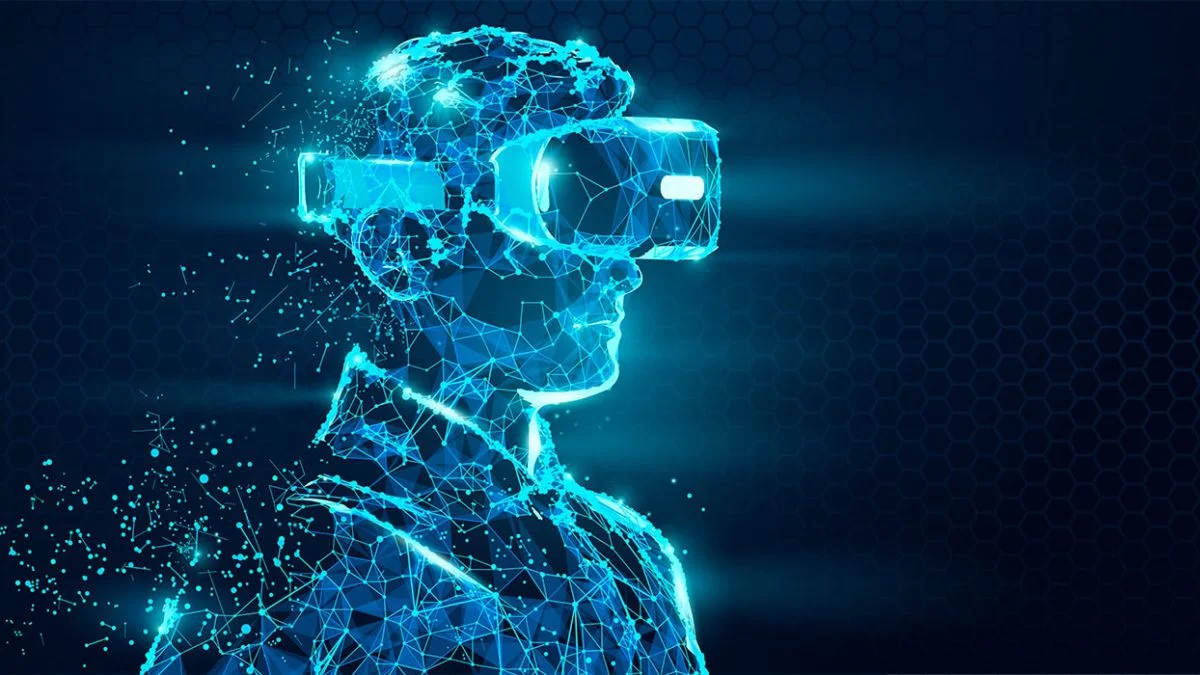
Virtual Reality (VR) technology is advancing to provide more immersive and realistic experiences, finding applications beyond gaming in areas like education, training, and virtual tourism. VR 2.0 offers improved graphics, haptic feedback, and more interactive environments, making virtual experiences more engaging and lifelike. In education, VR enables students to explore historical events, scientific phenomena, and complex concepts in an interactive manner. For training, VR provides realistic simulations for professions such as medicine, aviation, and emergency response, enhancing skill acquisition and preparedness. As VR technology continues to evolve, its potential applications and impact on various sectors will expand.
22. Augmented Reality (AR) in Retail
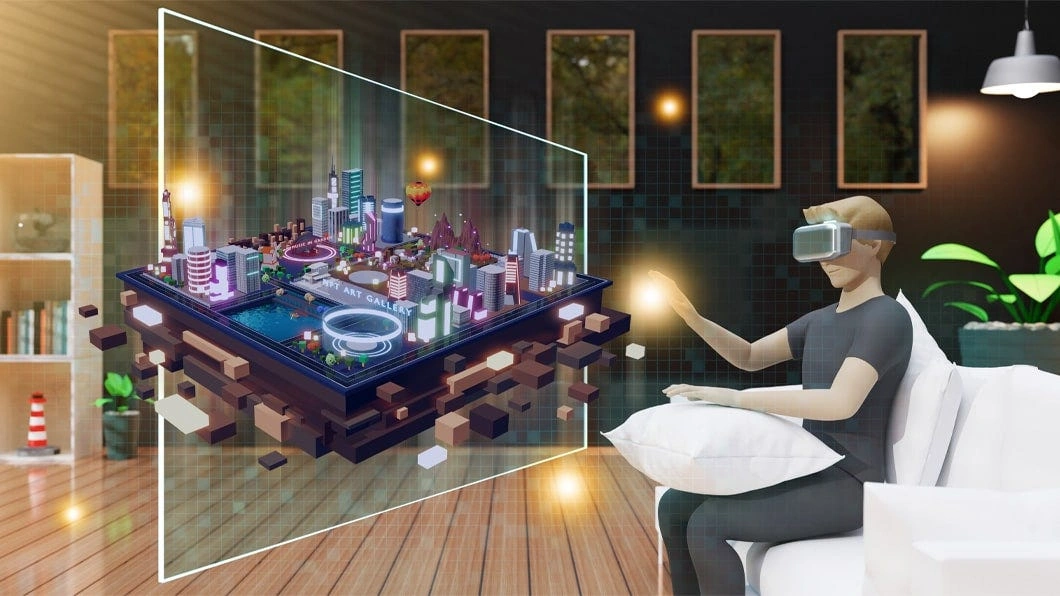
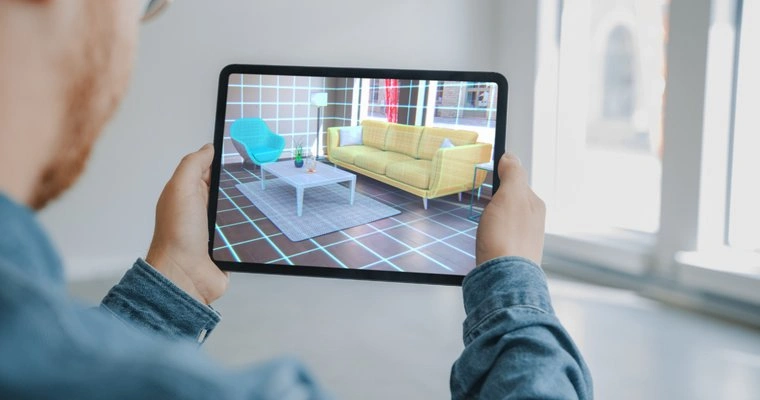
Augmented Reality (AR) is transforming the retail industry by enhancing shopping experiences with virtual try-ons, interactive displays, and personalized product information. AR enables customers to visualize products in their own environment before making a purchase, reducing uncertainty and increasing confidence. Retailers use AR to create engaging and immersive shopping experiences, from virtual fitting rooms to interactive store displays. This technology not only improves customer satisfaction but also drives sales and brand loyalty. As AR technology becomes more accessible and widespread, its impact on retail will continue to grow, shaping the future of shopping.
23. Nano-Technology


Nano-Technology Nanotechnology is making significant advancements, offering innovative solutions in medicine, electronics, and materials science with applications at the molecular level. In medicine, nanotechnology enables targeted drug delivery, improving treatment efficacy and reducing side effects. In electronics, nanoscale components enhance performance and energy efficiency in devices. Nanomaterials are also being developed for stronger, lighter, and more durable products in various industries. As research and development in nanotechnology progress, its potential to transform multiple sectors and improve quality of life becomes increasingly evident.
24. Digital/Electronic Health Records


Digital Health Records are revolutionizing the healthcare industry by providing secure, accessible, and comprehensive patient information. Electronic health records (EHRs) enable healthcare providers to access patient data quickly, improving diagnosis and treatment accuracy. EHRs also facilitate seamless communication between different healthcare providers, ensuring coordinated and efficient care. Patients benefit from easier access to their medical history, empowering them to take an active role in managing their health. As the adoption of digital health records increases, the healthcare industry is poised to become more efficient, transparent, and patient-centered.
MUST Know: The Key to Navigating 2024's Technological Landscape
1. Stay Informed: Keep up with the latest developments in these emerging technologies by following reputable sources, attending industry conferences, and participating in online forums and webinars. Staying informed will help you anticipate changes and adapt to new trends.
2. Invest in Skills Development: As technology evolves, so do the skills required to leverage it effectively. Consider investing in continuous learning and professional development to stay competitive. Courses in AI, data science, cybersecurity, and other emerging fields can provide valuable expertise.
3. Embrace Innovation: Be open to experimenting with new technologies and integrating them into your business or personal life. Innovation often requires a willingness to take risks and explore uncharted territory. By embracing new technologies, you can gain a competitive edge and drive growth.
4. Focus on Sustainability: Many of the trends highlighted in this article emphasize sustainability and environmental responsibility. Prioritize sustainable practices in your operations and support technologies that promote a greener future. This approach not only benefits the environment but also aligns with the growing consumer demand for eco-friendly solutions.
5. Consider Ethical Implications: As technology advances, ethical considerations become increasingly important. Ensure that the adoption of new technologies is guided by ethical principles, including transparency, privacy, and fairness. Addressing ethical concerns proactively can build trust and enhance the reputation of your organization.
Conclusion
The 24 technology trends highlighted in this article represent the forefront of innovation in 2024. From quantum computing and AI-generated content to sustainable tech and digital health records, these advancements are poised to reshape industries and improve our daily lives. As we navigate this rapidly evolving technological landscape, it is crucial to stay informed, invest in skills development, and embrace innovation. By focusing on sustainability and ethical considerations, we can harness the potential of these technologies to create a better, more connected, and sustainable future.
Frequently Asked Questions
Q: What is the most significant technology trend in 2024?
While all 24 trends are impactful, quantum computing stands out for its potential to revolutionize various industries with its unprecedented computational power.
Q: How can businesses benefit from AI-generated content?
AI-generated content can streamline content production, personalize user experiences, and enhance marketing efforts by quickly creating high-quality, engaging material.
Q: What are the ethical concerns surrounding synthetic media?
Ethical concerns include issues of authenticity, misinformation, and the potential for misuse in creating deepfakes or manipulating public opinion.
Q: How will 5G expansion impact everyday life?
5G expansion will improve connectivity, support the Internet of Things, enable smart cities, and enhance experiences in telemedicine, remote work, and entertainment.
Q: Why is sustainable tech important?
Sustainable tech addresses environmental challenges, promotes eco-friendly practices, and aligns with the growing consumer demand for sustainability, contributing to a healthier planet.
For further assistance, feel free to reach out to us at Techllective . We are here to help you with all your tech needs!
